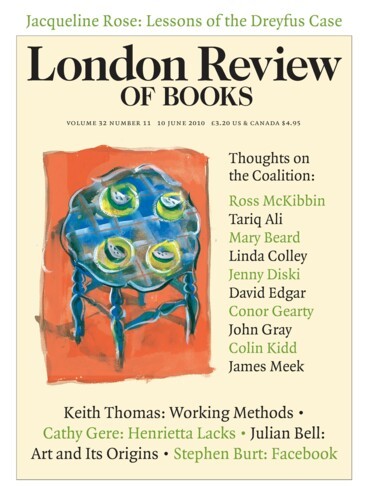Dedicated to Democracy: How the US did for Guatemala
Corey Robin, 18 November 2004
“The Guatemalan regime threw into the countryside an army so modernised – and well trained and equipped by the US – that by 1981 it could conduct the first colour-coded genocide in history: ‘Military analysts marked communities and regions according to colours. White spared those thought to have no rebel influence. Pink identified areas in which the insurgents had limited presence; suspected guerrillas and their supporters were to be killed but the communities left standing. Red gave no quarter: all were to be executed and villages razed.’”





